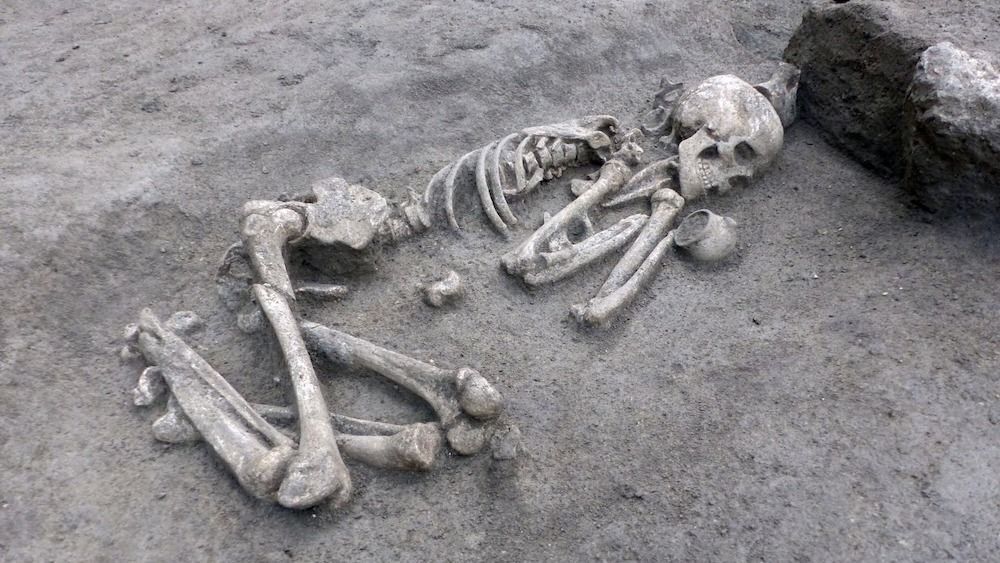Archaeologists in France have excavated a Neolithic site containing 63 burials and hundreds of structures and artifacts from a human occupation spanning roughly 4,000 years.
The site in Clermont-Ferrand, a city in the Auvergne region of central France, was discovered during construction work in the 1980s. However, it wasn’t until a highway-widening project that started in 2019 that archaeologists began excavations there, according to a translated statement from France’s National Institute of Preventive Archaeological Research (INRAP).
Radiocarbon dating revealed that humans visited the area before 6000 B.C., during the Mesolithic, or Middle Stone Age. But the vast majority of the radiocarbon dating showed that the site was used throughout much of the Neolithic period, also known as the New Stone Age. During this time, people began creating settlements and relying on agriculture; some of the site’s ceramics, hearths and dug pits date to between 4750 and 4500 B.C.


